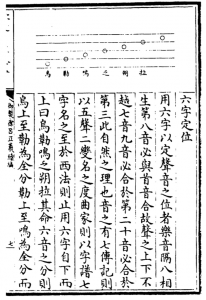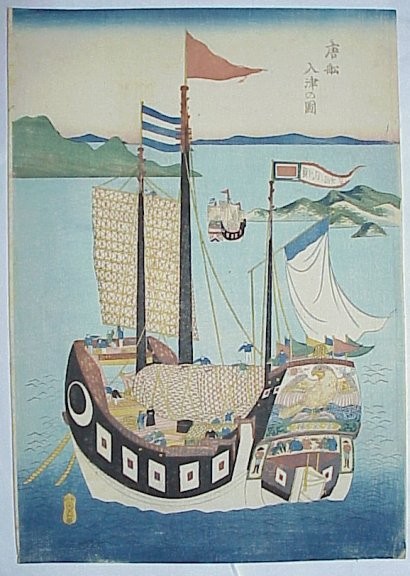Category Archives: Music
Thursday, February 8th: Eilin Rafael Pérez “The Half-Life of Sovereignty: The DPRK and the Thirteenth World Festival of Youth and Students”
Eilin Rafael Pérez
PhD Student, Department of History
“The Half-Life of Sovereignty: The DPRK and the Thirteenth World Festival of Youth and Students”
Thursday, February 8th, 3-5 PM
John Hope Franklin Room [SSB 224]
Discussant: Alex Murphy [PhD Student, East Asian Languages and Civilizations]
Please join the East Asia: Transregional Histories workshop in welcoming Eilin Pérez as he presents his work-in-progress, titled “The Half-Life of Sovereignty: The DPRK and the Thirteenth World Festival of Youth and Students.” He has provided the following abstract:
This paper explores the rhetorical and visual representations of youth culture deployed by the DPRK at the Thirteenth World Festival of Youth and Students in 1989, and argues that the state marshaled the language of solidarity alongside the mentions of the everyday towards asserting its own transnational pedagogy of sovereignty.
Eilin’s paper can be found at this post.
As always, first-time attendees are welcome. Light refreshments and snacks will be served.
If you have any questions or require assistance to attend, please contact Spencer Stewart at sdstewart@uchicago.edu or Robert Burgos at rburgos@uchicago.edu
Lester Zhuqing Hu – June 2
Frontiers of Music History: The Trans-Eurasian Making of “China” in 18th Century Qing Court Music
Paper: Hu — Frontiers of Music Theory, Proposal, 28 May 2016*

Speaker: Lester Zhuqing Hu (PhD Student, Department of Musicology, University of Chicago).
Discussant: Yiren Zheng (PhD Student, Department of East Asian Languages and Civilizations, University of Chicago)
Date: Thursday, June 2
Time: 4:15 to 6:00pm
Venue: John Hope Franklin Room (Social Science Research Building, 224)
*“The entire proposal, compiled of various fragmentary sections, is presented here — but I have “de-highlighted” parts to skip by putting them in a very light color; they are there in case you want to consult anything in there [for example with a search function] or if you are interested to see what’s there. I am only requesting you to read the parts in black, as well as the red rubrics, and the primary source appended to the end. I thank you very much for your accommodation and patience and look greatly forward to your comments.”
Add the EATRH Workshop on Facebook: https://www.facebook.com/eastasiatrh/?ref=aymt_homepage_panel
Jun Hee Lee 2/11
Music for the Youth: American Folk Song’s Impact on 1960’s Utagoe
Ling to paper: Music for the Youth

Speaker: Jun Hee Lee (PhD Student, Department of History, University of Chicago)
Discussant: Paride Stortini (PhD Student, Department of Divinity, University of Chicago)
Date/Time: Thursday, February 11, 4:15 to 6:00
Venue: John Hope Franklin Room (SSRB), Room 224
05/02 Andrew Jones
Andrew F. Jones
Professor at Department of East Asian Languages and Cultures
University of California, Berkeley
“Quotations Songs: Portable Media and Pop Song Form in the Chinese 1960s.”
(co-sponsored with Literature, Theater, and Cultural History of China workshop & Arts and Politics of East Asia workshop )
May 2, 4:00pm to 6:00pm
Place: Social Sciences Tea Room (2nd floor of SS building)
Quotations Songs: Portable Media and Pop Song Form in the Chinese 1960s
